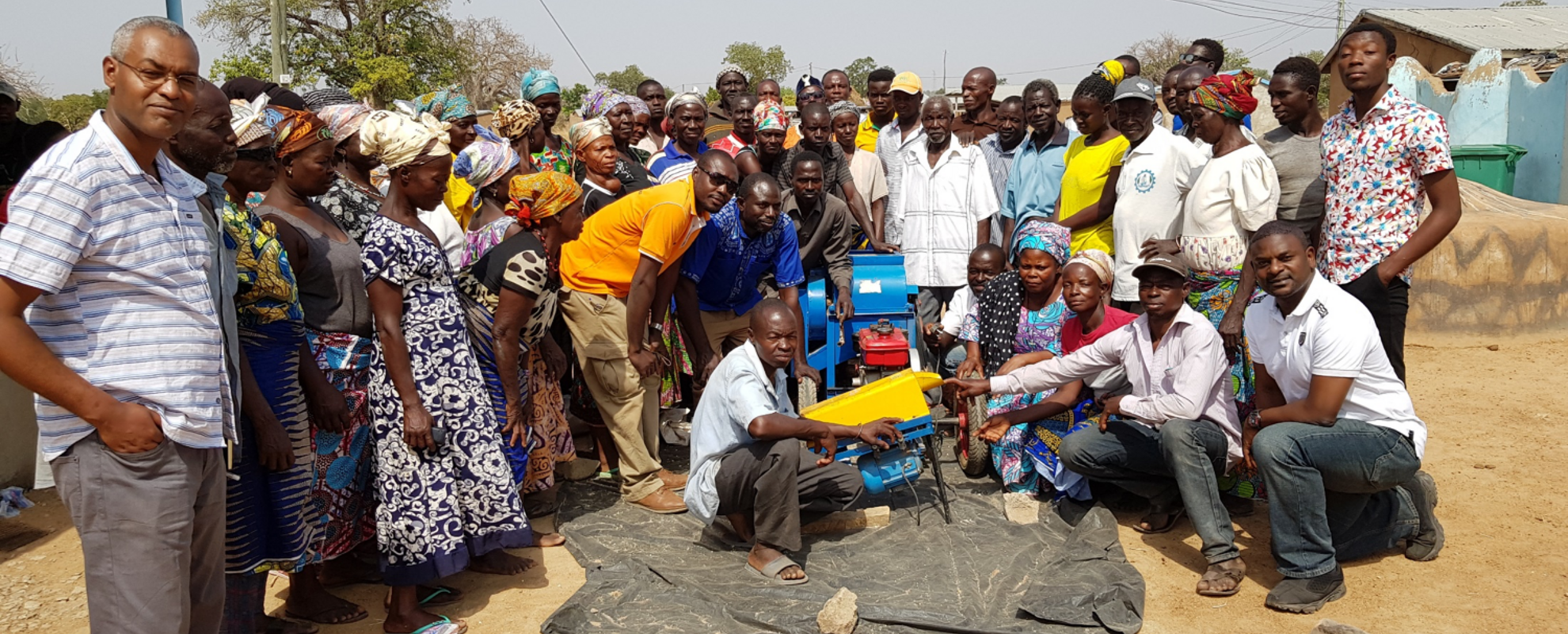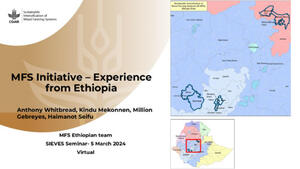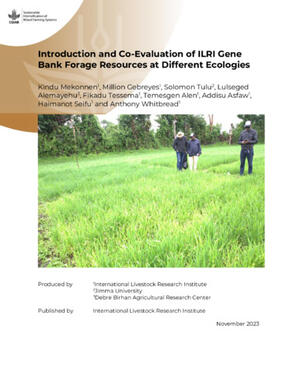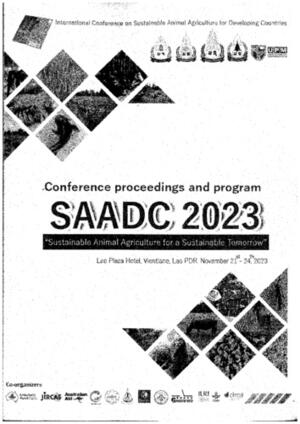
Photo report on small-scale maize shelling machines in northern Ghana
In northern Ghana, like in most parts of sub-Saharan Africa that are characterized by smallholder agriculture, farmers lose 25–40% of their cereal harvests due to poor post-harvest handling. This makes post-harvest management a key issue to be addressed if the wicked problems of food and nutrition security are to be solved.
The Africa RISING West Africa Project is currently implementing research in development (R-in-D) activities with farmers in northern Ghana to rein in the problem of post-harvest food losses.
The project seeks to offer farmers different post-harvest handling and storage technologies to complement project activities focused on improving the productivity of staple crops like maize, cowpea and groundnut.
From 11–18 December 2018, the project team organized a series of farmer field days in the Northern, Upper East and Upper West regions of the country to demonstrate the efficacy and capacity of maize shelling machines.
Small motorized maize shelling machines increase labour efficiency among smallholder farmers while also saving costs. Initial results from an Africa RISING study in northern Ghana shows that farmers can save an average of 36 hours per ton of maize shelled if they use diesel operated shelling machines instead of manual maize shelling techniques that are predominantly used at present. Farmers can also save about 28 hours if they use electric operated machines.
The time saved is equivalent to 40 Ghanaian Cedi (GHS) [USD 7.70] and GHS 30 per tonne for the diesel and electric shellers, respectively. These results show that the potential demand for the technologies will be high if the machines are promoted.
This photo report presents highlights of the farmer field days which were held in December 2018 and summarizes the project’s future plans with this activity in northern Ghana.

















